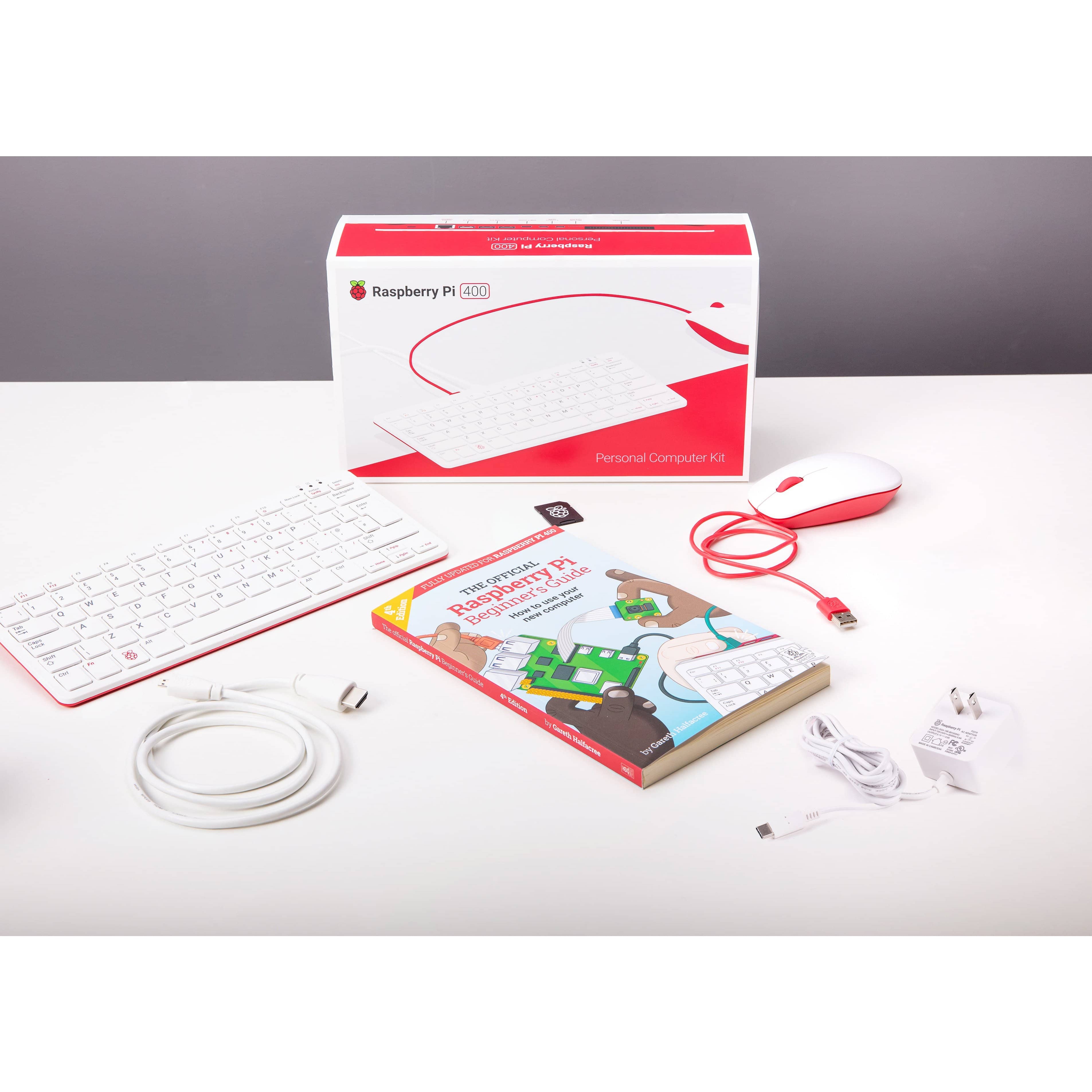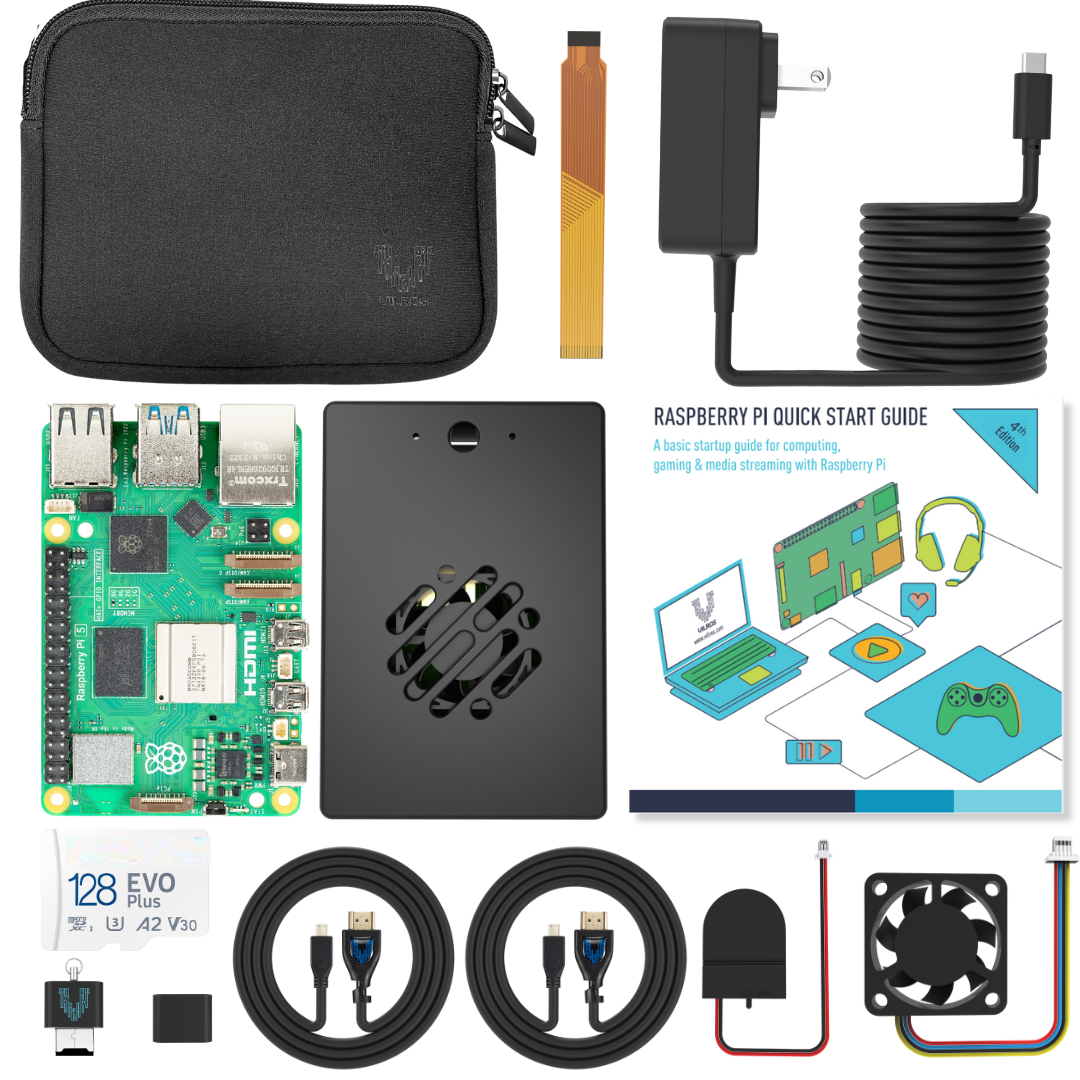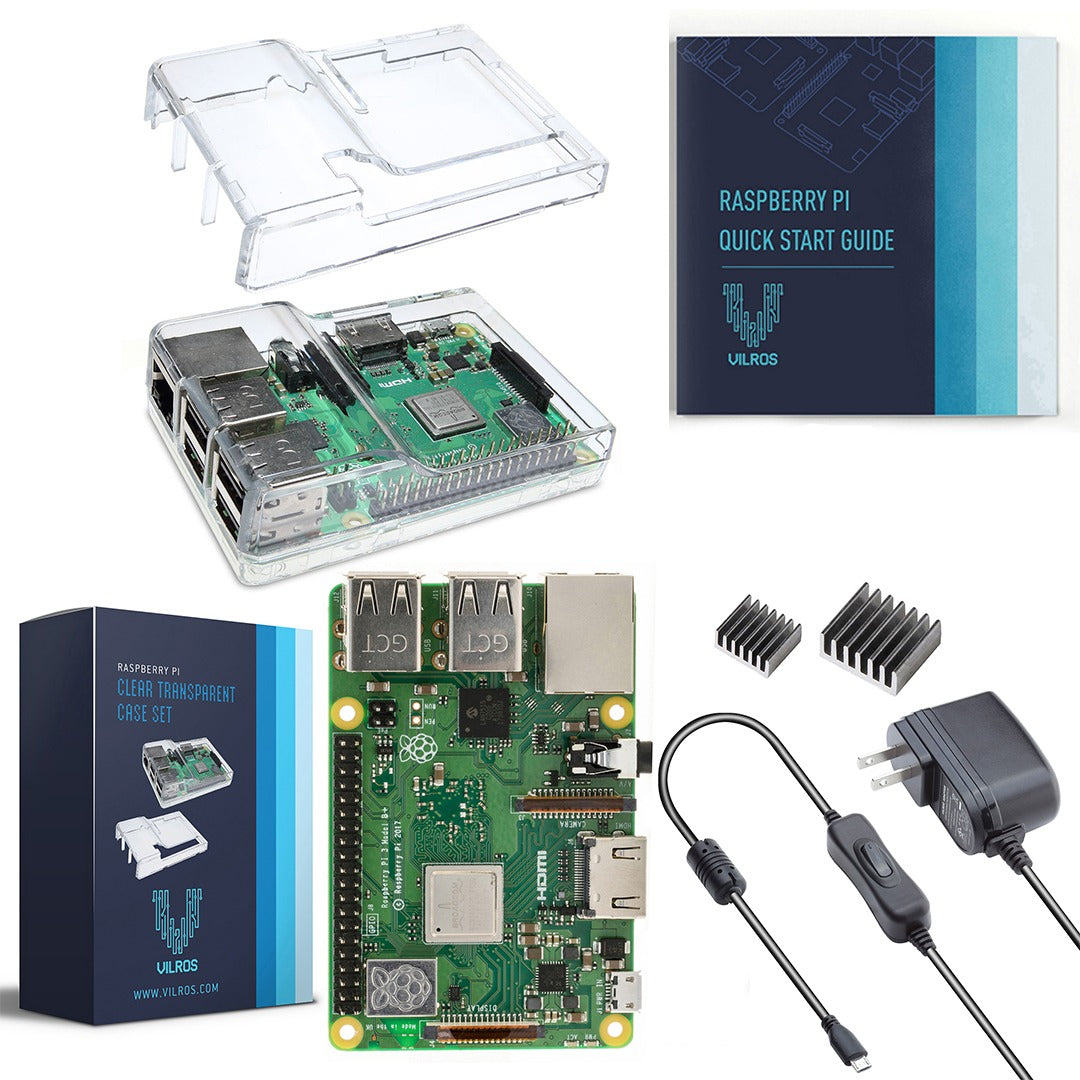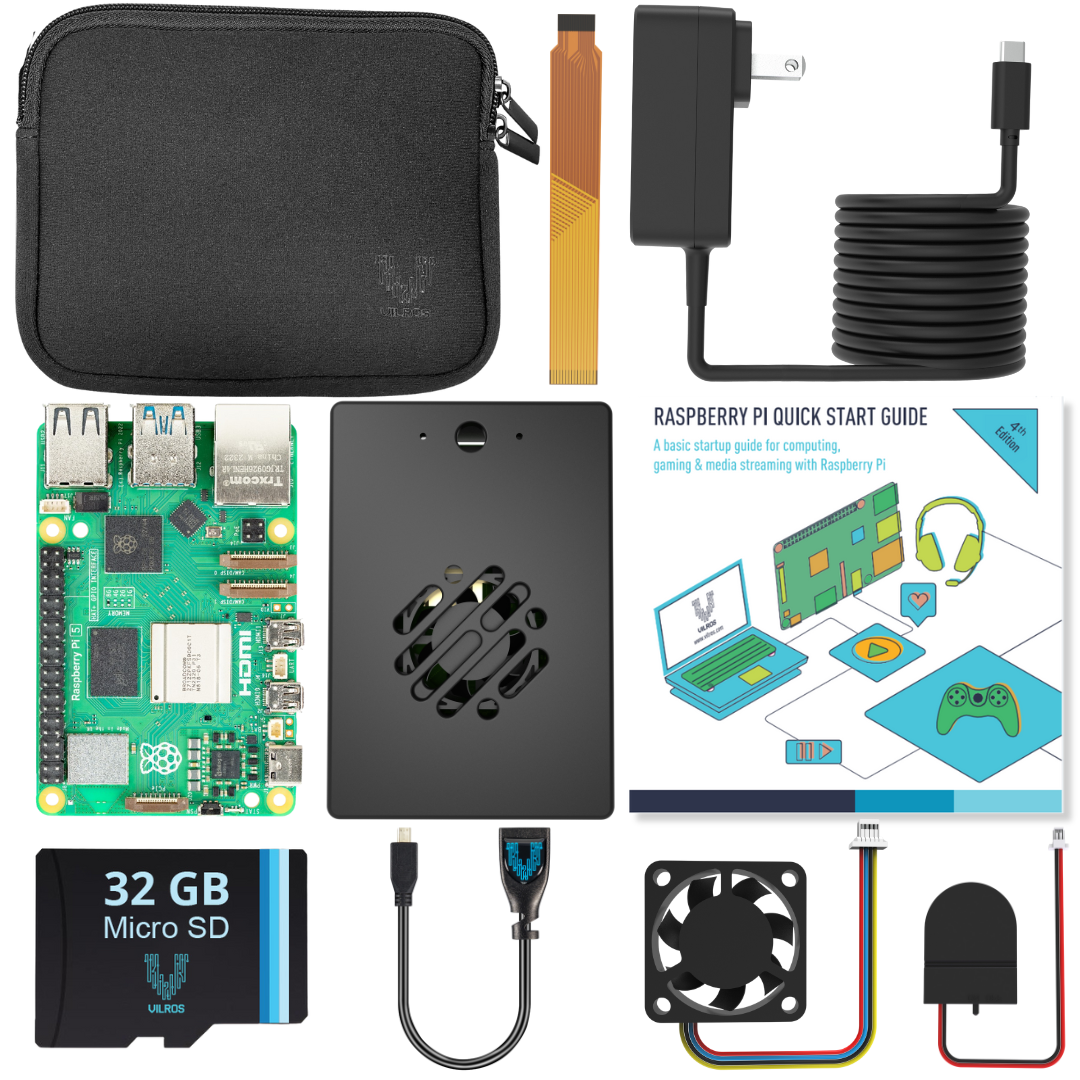
Raspberry Pi is Hosting Free Online Seminars to Explore Computing Education & Online Learning
Raspberry Pi is Hosting Free Online Seminars to Explore Computing Education & Online Learning
In early May, the Raspberry Pi Foundation launched a new seminar series exploring topics in digital and computing education. Coming out every second Tuesday from now through (at least) the rest of Summer 2020, the seminars are free and available online.
The inaugural seminar was delivered by Dr. Lauren Margulieux, an Assistant Professor in the Department of Learning Studies at Georgia State University.
Presenting on a topic that is of the utmost relevance to parents and educators who’ve been suddenly required to teach to students at home during the coronavirus pandemic, Lauren’s seminar presentation explored “Online and Hybrid Instruction for Computer Science Classrooms”.
In her presentation, Dr. Margulieux shared her research into the effectiveness of different approaches to remote learning, and she also had some practical tips for teachers and parents trying to do their best to educate students during this pandemic crisis.
Classifying Online & Blended Learning
Dr. Margulieux’s research focuses on online learning for computer education. She’s developed a useful taxonomy and vocabulary to categorize the various ways online learning can take place.
On one axis, she’s focused on the teaching element and how education is delivered – whether by an instructor or by a technology tool. On another axis, she’s focused on students and how they’re learning – whether by receiving or applying content. This leads to four basic categories:
Instructor-Mediated
Instructor-Transmitted
Technology-Transmitted
Technology-Mediated
With these categories, it’s possible to organize and study the various approaches to online and hybrid learning experiences that currently exist, and start to draw inferences that can help educators make decisions about their teaching methods.
While there are aspects of the classroom experience that are beyond a teacher’s control (for example, the extent to which students will choose to fully participate), these variables are within a teacher’s control and can make up a teacher’s approach to classroom design.

Improving Learning Outcomes
Some of the ways Dr. Margulieux’s categories can be utilized and/or combined in classroom design approaches include:
Lecture Hybrid – where traditional lectures are combined with Instructor-Transmitted online lectures
Practice Hybrid – where application is done in person and combined with online Instructor-Mediated or Technology-Mediated approaches
Flipped Blend – where teaching is delivered via Technology-Transmitted or online Instructor-Transmitted formats first, and then there is application that is supported by an instructor. While the application can be in-person or online, it is done synchronously, i.e. real-time interaction and feedback.
Dr. Margulieux and her team conducted research into these and other forms online learning, and in conjunction with the results of other researchers, the overwhelming result is that the Flipped Blend approach has been demonstrated to have the most significant results for improving learning outcomes.
Tips for Learning-at-Home During the Coronavirus Pandemic
In addition to sharing her research results, Dr. Margulieux also included some tips for educators and parents trying to support student learning-at-home during the pandemic.
Some highlights include:
Use multiple modalities to highlight important points (e.g. both verbal and visual)
Create opportunities for students to talk to each other via discussions, breakout rooms, or online forums
Use video as much as possible to communicate with students, not just written messages or pure audio tracks.
Frequent feedback is best, even if it’s just brief feedback.
To find out more and sign up for future seminars from the Raspberry Pi Foundation, you can fill out this online form.
And be sure to return to our Vilros blog for more news and project ideas for your Raspberry Pi!





